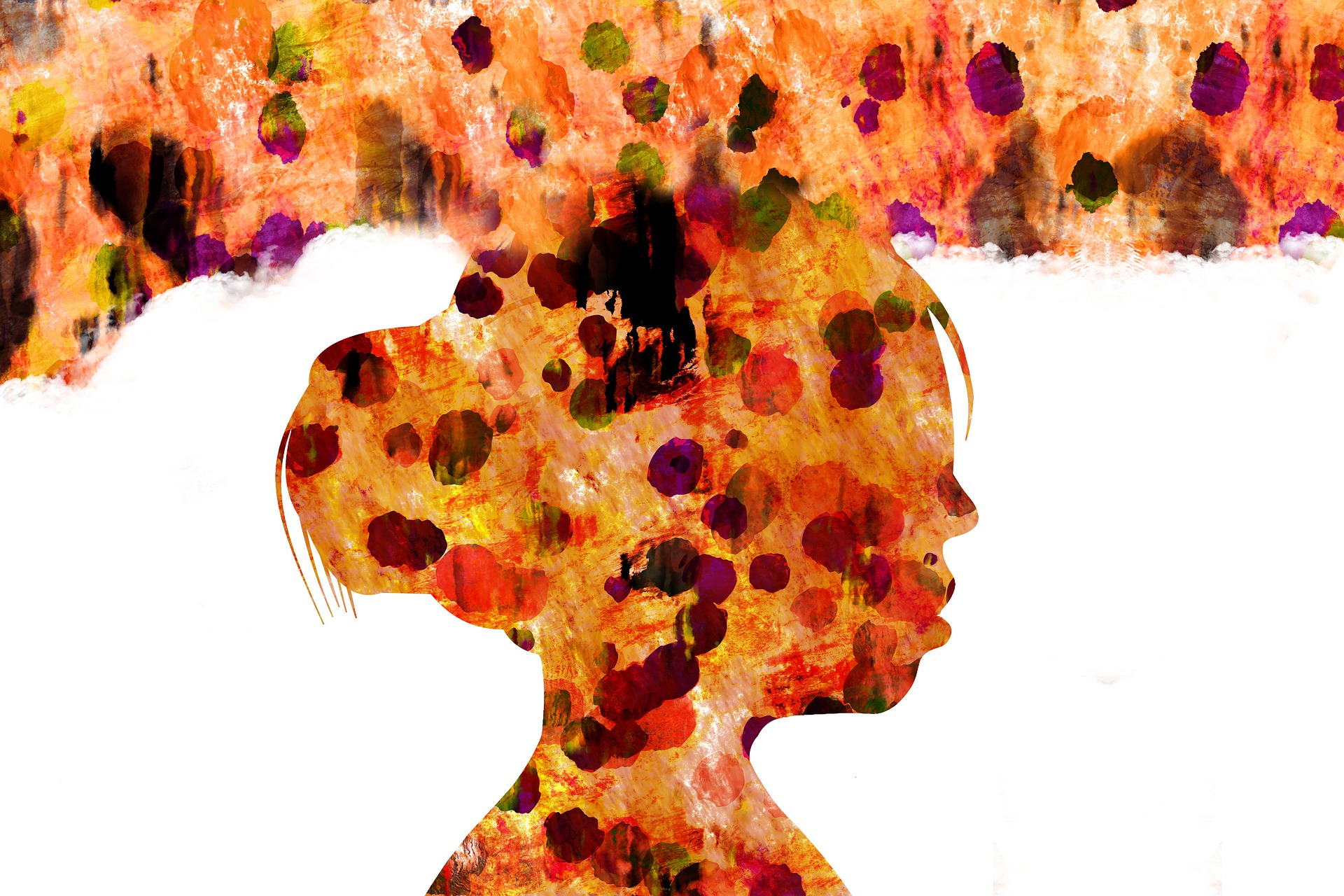Women’s Therapy: The Role of Psychoeducation Workshops
-
-
Melanie Dottin
How can we help more women, from diverse backgrounds, to access mental health support? On International Women’s Day 2022, Melanie Dottin of The Maya Centre explains how this intercultural women’s therapy centre in North London is engaging women for whom therapy remains taboo, out of touch with socioeconomic realities, or is simply too big and perhaps too triggering a first step.

When it comes to supporting clients or service users we often think of counselling as the go-to approach to help them explore their experiences and heal from past traumas. However, exploring the past comes with the risk of re-traumatisation and finely treading the opening of wounds with a person who may not yet have the emotional resilience needed to cope with doing so.
We often think that when a client accesses therapy, they are ready for it, yet this is not always the case. Some have little to no idea of what therapy is and what it entails to bring about self-awareness, understanding, acceptance, the permission to be angry and have their narrative validated before healing can start. And what if the individual does not want to delve into the past and revisit their traumas – is this path necessary for them to heal?
Working in an intercultural women’s therapy centre, delivering individual and group therapy in both English and community languages, we notice that a psychological vocabulary is not something many women have – in any language. There are obvious challenges here, notwithstanding the stigma that comes with ‘mental health’ in some communities where this is seen as something that pathologises the individual and their family.
So how do we support women from minoritised communities, or others who sit on the margins of mental health, to build an awareness around what mental health is?
Scaffolding the way into therapy
One solution is psychoeducation. Our inclusive workshops afford opportunities for the women to learn collaboratively and escape the stigma of mental health. Psychoeducation can approach various aspects of how we manage our day-to-day functioning, appealing to groups of women who may have been traditionally excluded from therapy. The option to develop bespoke psychoeducation workshops that cater to the nuances of culture and gender and are delivered in a community language means that clients can ‘scaffold’ their way into therapy, developing ways of tuning into themselves and gaining insights which will inform the therapeutic process.
Empowering women to act in the present
A common challenge that presents itself in therapy is the collision of socio-economic problems that are either created or exacerbated by historic traumatic events. Clients at the Maya Centre often try to address these issues in therapy, however this brings about several challenges, often masked as the unwillingness or inability to engage in the therapy given the desire for more immediate solutions to their problems. Psychoeducation is a pathway into empowering individuals to act in the present without having to focus on what are often traumatic and stressful episodes in their lives, and to better prioritise what needs to be addressed.
Identifying individual needs
Asma (not her real name), 62, was referred to us by her GP. However she seemed reluctant to engage and during her assessment appointment shared that she was unsure why or how therapy could help. Asma had gone to her GP complaining of sleepless nights, sadness, and irritability – her husband had died a year before, and her adult children lived in various parts of London. Asma’s English is moderate, however she is shy and usually her husband took care of speaking to people outside of the family.
Counselling appeared not to be the best approach for Asma. Instead she was invited to attend a psychoeducation workshop looking at bereavement and isolation and delivered in both English and Bengali. In attending the workshop, Asma was able to connect with others who shared the same culture and similar experiences, and to develop understanding around what she was presently going through while feeling supported by others in the group. Asma is improving, building friendships, and has become more confident and able to express her needs. She is now considering therapy.
Improving engagement in future therapy
Psychoeducation affords a multi-level approach to supporting others. Directive to the point of achieving specific wellbeing outcomes, it can match the pace of the individual or group whilst allowing a space for the not-so-painful experiences, should they arise, to be explored briefly and gently in a safe space without the ‘expectation’ that comes with group therapy.
‘Prepping,’ for therapy, utilising the scaffolding technique, can result in better engagement with the therapeutic process, and contribute to self-awareness and improved life skills. If we are to reach those for whom accessing support for mental health remains taboo or simply unchartered waters, the provision of psychoeducation, at least, gives them the building blocks to make changes. The level of vulnerability, shame and betrayal that can accompany therapy, when it is experienced as ‘exposing’ family or community secrets, can be bypassed, allowing the woman to benefit from a proactive sharing, caring, and learning space.